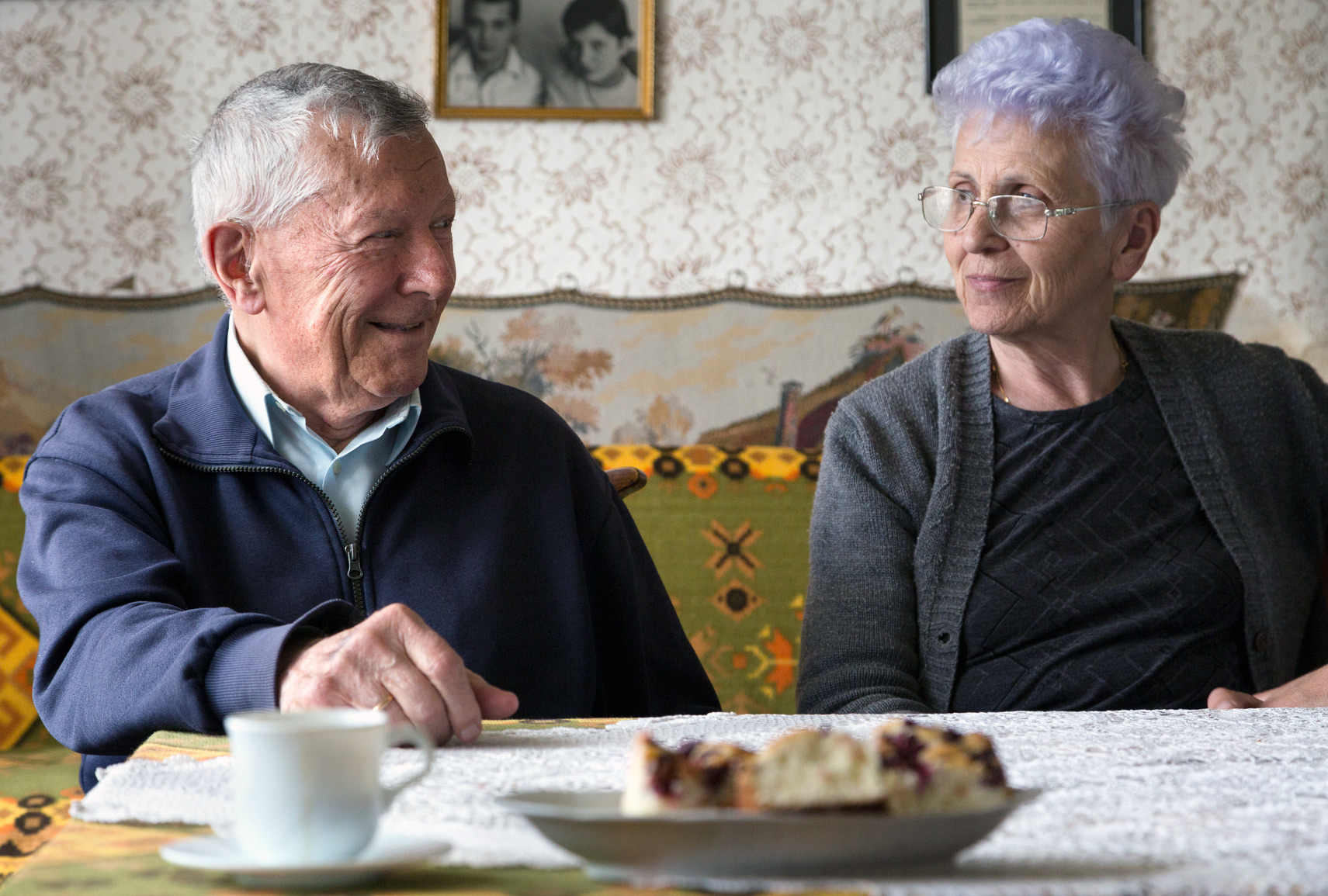Those germs can be especially threatening for seniors. Here’s how to decrease risk for winter illnesses.
We’ve all seen the dispenser of germ-fighting wipes in the grocery store entrance. We’ve probably found the discards when we pick up our carts. But if you’re relatively healthy and under 65, you might never have given much thought to just how dangerous all those errant germs can be.
For our senior citizens, illnesses like the flu and pneumonia can be dangerous and lead to hospitalization and sometimes death.
Jill Cash, RN, MSN, APN, a family nurse practitioner at Westhaven Family Practice in Franklin, said that the senior population is at higher risk for complications from illness for a number of reasons.
“Just as a young infant hasn’t built up the immunities yet, many times the elderly are more vulnerable because their immune system isn’t able to fight off infection like a younger, healthier person,” said Cash, who has been an advanced practice nurse for more than 20 years.
Chronic conditions like asthma, diabetes and heart disease, which are more common in older populations, compound their risk factors because these conditions weaken the immune system so the body is not able to fight off the infection as easily. Environmental conditions can also affect the risks, Cash said. Smoking, for instance, and even second-hand smoke can increase the chances of complications from respiratory illness.
How to decrease risks
Annual vaccinations are very important for older populations. A flu shot is needed yearly. For pneumonia, seniors should get a Prevnar 13 shot the first year and a Pneumovax 23 the second, Cash said.
“It doesn’t always prevent it 100 percent, but it does decrease the incidence and severity of pneumonia,” she said. “I tell my patients you could still get it, but the vaccine will hopefully lessen the severity of the infection and prevent hospitalization. Over 50,000 patients a year die from pneumonia, and that’s something that can be prevented.”
Beyond vaccinations
While nothing is foolproof, there are precautions seniors can take to make for a safer flu season. Cash said even simple steps, practiced by seniors themselves or their family and caretakers, can help:
- Wash hands frequently.
- Make sure surfaces in the home are clean and bacteria-free.
- Cover mouth when coughing or sneezing to prevent spreading infections.
- Avoid smoking and secondhand smoke.
- Eat right and exercise.
“That last step is often overlooked but is important in building up a healthy immune system, Cash said. “One thing I think is really important is diet and exercise. Eating healthy, getting your fresh fruits and vegetables, really helps with keeping up the immune system.
“Sometimes as people get older we see they don’t eat as much during the day. The appetite decreases primarily due to the taste buds and/or sense of smell being affected as they get older, which in turn decreases appetite. It’s important to make sure they’re getting enough to eat by eating enough calories in the diet, by eating healthy foods and remembering to exercise.”
When to seek medical care
With an estimated 50,000 deaths a year from pneumonia and 39,000 deaths a year from the flu, according to the Centers for Disease Control and Prevention, it’s important to know when to seek help. The CDC is predicting that the flu will be especially difficult on older people this year, just like last season’s flu was.
The flu strain most medical professionals are seeing so far this year, the CDC says, is H3N2, which is one of the most dangerous strains. However, that strain is included in this year’s flu vaccine. And even though flu season is well underway, Cash said it’s not too late to get vaccinated.
Despite myths to the contrary, you will not get the flu from the flu vaccine, although you may experience mild symptoms as your body learns how to stave off infection. Cash stressed the importance of getting vaccinated now, and if a senior citizen is experiencing difficulty breathing or can’t shake a persistent cough, it’s time to get them to the doctor.
“You can almost tell who has it before they even test them,” she said. “We’ve seen several cases already. Following good habits for prevention, getting the vaccines and early diagnosis are all good tools. And if someone thinks they have the flu or pneumonia, come in and let us take care of them.”

It’s important to have a primary care provider to oversee all of your healthcare needs. Click here to see the locations and options available for Vanderbilt Primary Care.

